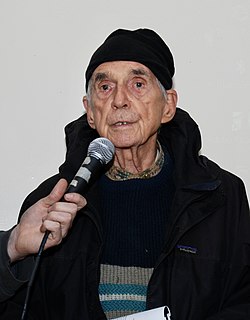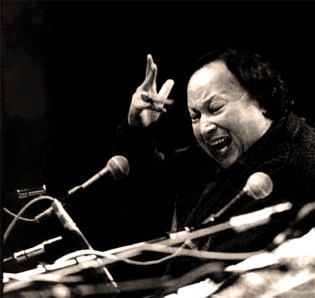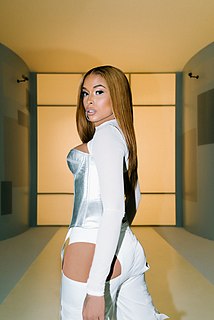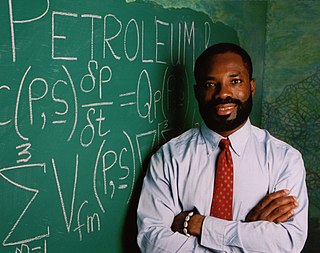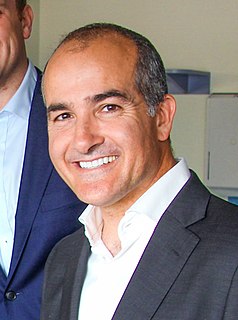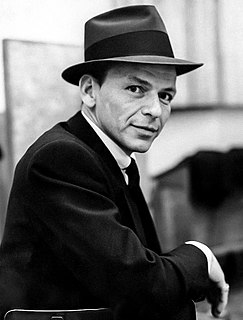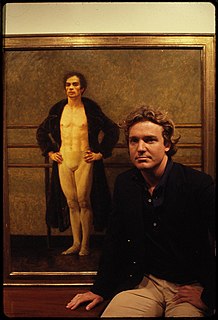A Quote by Daniel Berrigan
My father had very little formal education.
Related Quotes
My formal education as an extension to my college degree in journalism was the time that I spent working with the student newspaper. I would argue that my greatest education occurred by working for the student newspaper. It wasn't necessarily the classroom work that made my formal education special. It was the idea that I had the opportunity to practice it before I went into the real world.
My father was born in the year 1900 in South Carolina, and he grew up at a time where being an African-American child in the American South was to be deprived of access to anything close to a reasonable education. He only had three years of formal education, but he was self-taught. He read two newspapers a day.
As a physician, we are taught that learning and education never stop - they are lifelong. I think education comes in various forms: formal, informal, and most importantly, experiential. All of this defines who we are and gives us if you will our abilities to function as leaders. I believe all of those pieces constitute formal education - it is invaluable to who we are and how well we perform.
I was born in Edinburgh, in Scotland, a few days after the end of the Second World War. Both my parents had left school at a very young age, unwillingly in my father's case. Yet both had deep effects on my education, my father influencing me toward measurement and mathematics, and my mother toward writing and history.
I remember very vividly a little plaid dress on which my father sewed all these hanging beads, little horses and stuff. It was my favourite thing ever. I had it when I was four, and I kept it until I was 12, when I gave it to the little neighbour girl. For years, I regretted giving it to her, even though I had no use for it.
